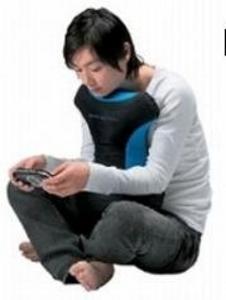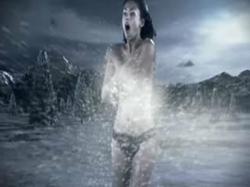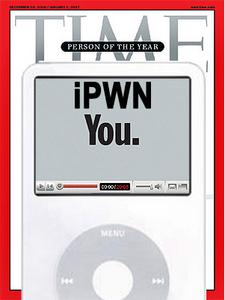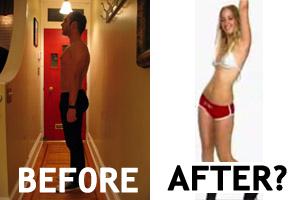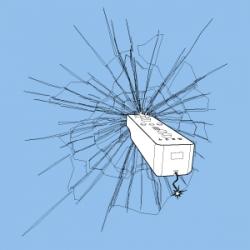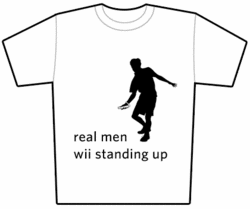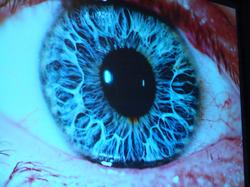 Television today is no longer the elephant in the room. Similar to global warming, it has increasingly been gaining momentum and awareness as well as technological contribution. However, while content is king, the overall experience is moving in to claim checkmate. How we interact and interpret television currently is on a static plane of directional geography: surfing channels up, down, left, and right. Helping break the tangible and virtual norms, David Merkoski (Frog Design) narrated the audience through an up and coming product yet to hit the markets.
Television today is no longer the elephant in the room. Similar to global warming, it has increasingly been gaining momentum and awareness as well as technological contribution. However, while content is king, the overall experience is moving in to claim checkmate. How we interact and interpret television currently is on a static plane of directional geography: surfing channels up, down, left, and right. Helping break the tangible and virtual norms, David Merkoski (Frog Design) narrated the audience through an up and coming product yet to hit the markets.
Appropriately titled Mondrian, the product set to go public next year, is a TV navigation and recommendation Zoomable User Interface (ZUI) that attempts to rethink TV user interaction. A few major differences with Mondrian is that a user no longer needs to be stuck within nested menus while navigating and it has an active anticipation engine that takes in the content, time, and environment you watch in to build a profile and recommendations. It goes without saying that Mondrian becomes an easy target for Big Brother contextual advertisers. While there have already been proposals for all-advertising channels within the ZUI grids, Merkoski remained unclear on any efforts to save the product from advertising overload.
Going more in depth with intuitive interaction, Merkoski gave an insightful overview of remote controls and interfaces. The up, down, left, right navigation is in touch with a geographical grid, while a ZUI typically tries to orient the user in a way similar to how a camera would. The up, down, left, right is not only for the living room screens, but also small screens like mobile phones as well. The original idea for this came from what some might think of as a hyper-interaction culture: gaming. Moving away from the standard, Merkoski used this to account for why people are so amazed with the Nintendo Wii and iPhone. Merkoski ended with a call to inter-action, "There won't be a choice if we don't design it."


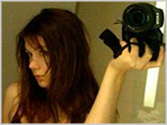


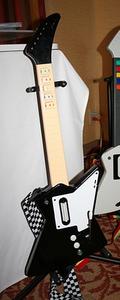

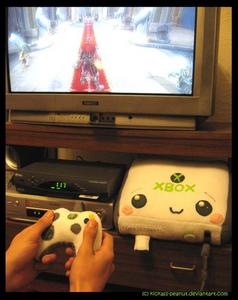


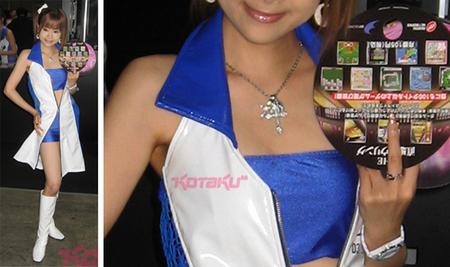
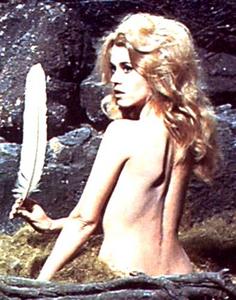
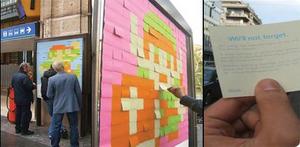
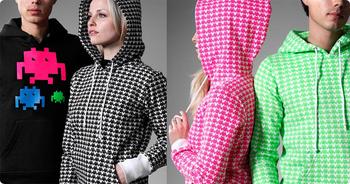
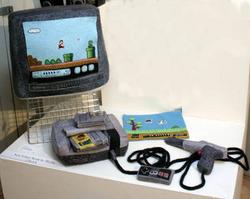
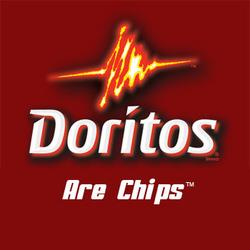

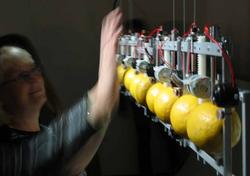
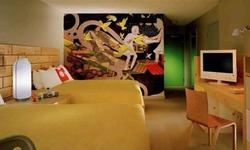
 Probably best that they launched this after Easter. A not-so-adorable
Probably best that they launched this after Easter. A not-so-adorable 
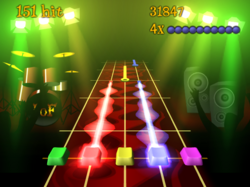

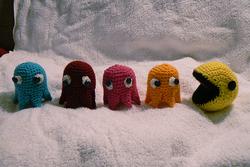

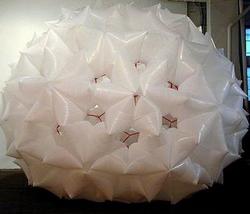

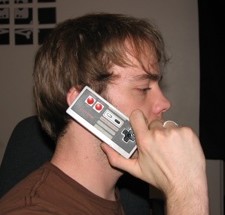 As if the annoying chump who prominently displays his Treo and claims he has $100k worth of work on it wasn't aggravating enough at social outings, this one is sure to tip off your douchebag detector. The
As if the annoying chump who prominently displays his Treo and claims he has $100k worth of work on it wasn't aggravating enough at social outings, this one is sure to tip off your douchebag detector. The 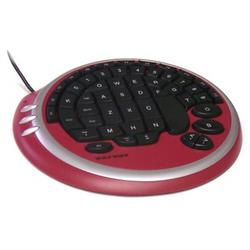
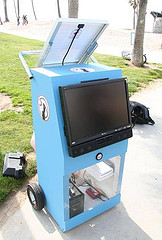 It seems there's no end to
It seems there's no end to 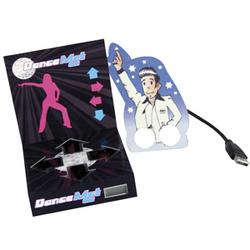
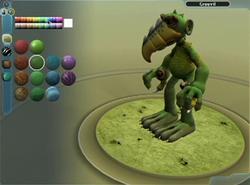

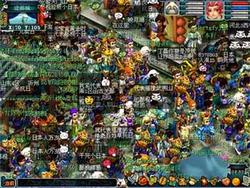
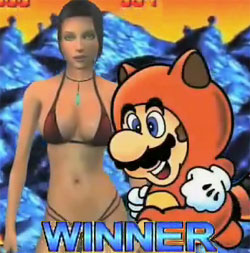 Don't worry, it's not the gamers themselves (though looking at the top 10 man-boobs of gamers who have yet to discover the Wii would be a car wreck you know you'd have to see). ScrewAttack announces (almost annoyingly) their
Don't worry, it's not the gamers themselves (though looking at the top 10 man-boobs of gamers who have yet to discover the Wii would be a car wreck you know you'd have to see). ScrewAttack announces (almost annoyingly) their 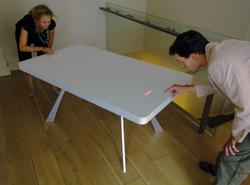
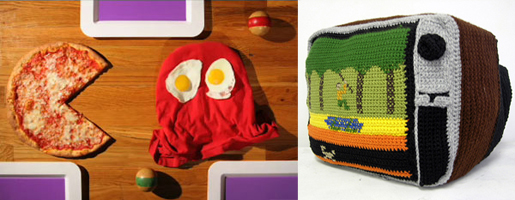
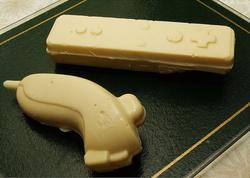

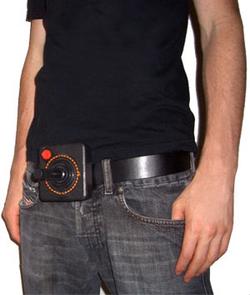
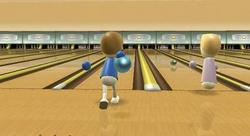



 Just when you thought the holidays were over, Valentine's Day soon approaches in many reluctant minds. With less than a month in counting, a new game aims to bring back the excitement over mysterious Valentines.
Just when you thought the holidays were over, Valentine's Day soon approaches in many reluctant minds. With less than a month in counting, a new game aims to bring back the excitement over mysterious Valentines.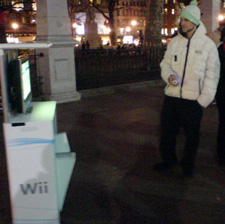 Nintendo takes its chances on the streets of London with interactive "Wii-osks". The Wii-osks are said to be just a pixel in Nintendo's marketing canvas. Equipped with HDTV and a street team of white marshmellows, the sight draws a crowd eager to see air-bowling in action. While no Wii-mote gang violence was reported,
Nintendo takes its chances on the streets of London with interactive "Wii-osks". The Wii-osks are said to be just a pixel in Nintendo's marketing canvas. Equipped with HDTV and a street team of white marshmellows, the sight draws a crowd eager to see air-bowling in action. While no Wii-mote gang violence was reported, 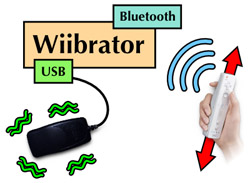 The Wiibrator eliminates the need to ride joysticks. This seemingly innocent, dirty little device helps you relax to good vibrations. By using the Wiimote, you can control the signals sent to your "x box". With so many reports, one has to wonder if there should be any safety warnings about damage to your goods.
The Wiibrator eliminates the need to ride joysticks. This seemingly innocent, dirty little device helps you relax to good vibrations. By using the Wiimote, you can control the signals sent to your "x box". With so many reports, one has to wonder if there should be any safety warnings about damage to your goods.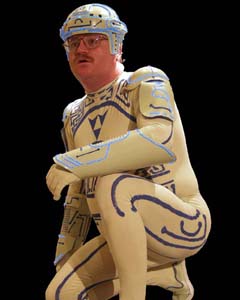 Arguing over who's clip measures larger this week are a series of internet "super stars". VH1's Web Junk TV
Arguing over who's clip measures larger this week are a series of internet "super stars". VH1's Web Junk TV 